Wave Accounting vs. QuickBooks: Choosing the Best Accounting Software for Rental Property Owners
Are you struggling to keep track of the finances for your rental property business? You’re not alone. Many landlords find it challenging to manage rent payments, settle bills, and remain organized for tax season. This is why selecting the right accounting software is crucial. With so many options available, making a choice can be daunting.
Wave Accounting and QuickBooks are two standout options for rental property owners. But which one suits your needs best? Are you looking for something user-friendly and free, or do you prefer advanced features at a premium cost? Let’s dive into the details and explore the differences between Wave and QuickBooks.

Overview of Wave and QuickBooks
Both Wave Accounting and QuickBooks are designed to help you manage your rental property’s finances, but they cater to different users. Wave is a free tool aimed at freelancers and small businesses. It allows you to send invoices, track expenses, scan receipts, and connect bank accounts for quick transaction imports. Its simplicity makes it perfect for landlords with just one or two apartments looking for an easy and affordable solution.
On the other hand, QuickBooks, developed by Intuit, is a full-featured, premium accounting platform. It’s used by small to medium-sized businesses and offers landlords the ability to manage multiple properties with features like property-level tracking, detailed reports, tax support, and numerous app integrations. While Wave is simple and free, QuickBooks provides the robust features needed to run and grow a more complex rental property business. Let’s compare these systems in key areas.
Wave vs. QuickBooks for Rental Property Owners
Here are key comparison points to help you decide between Wave and QuickBooks for managing rental property finances.
Pricing and Affordability
Wave is entirely free for its basic features, such as invoicing, expense management, and reporting. Additional fees apply only if you add payroll or accept online payments, making it ideal for landlords with limited budgets.
QuickBooks starts at approximately $30 per month and increases with additional capabilities. If you need payroll, tax filing, or more detailed reporting, you’ll incur extra costs. However, QuickBooks is worth the investment for landlords managing multiple properties or requiring advanced tools. While QuickBooks offers more control, Wave is perfect for saving money.
Ease of Use and Setup
Setting up Wave is straightforward. You can create an account and start entering expenses within minutes. Its dashboard is intuitive, even for those unfamiliar with accounting. QuickBooks, with its broader range of features, takes longer to master. However, it offers comprehensive guides, excellent customer support, and setup assistance. If you prefer minimal learning curves, Wave is ideal. Yet, QuickBooks is worth the time investment for its advanced tools.

Rental Property Features
QuickBooks is designed for rental property businesses of all sizes. It allows you to track rent payments, categorize income and expenses by property, generate unit-specific reports, and stay organized for tax time. Additional services include mileage tracking and recurring invoicing. Wave is useful but doesn’t provide detailed property tracking. If managing just a couple of units, it’s best to handle them collectively. QuickBooks excels in tools for specific property needs.
Reporting and Tax Support
QuickBooks offers excellent reporting tools. Create balance sheets, profit and loss statements, and property summaries. It aids tax preparation with Schedule E and 1099 forms. Wave provides basic reporting, like income and expense summaries, but lacks comprehensive options and individual property reports. QuickBooks is invaluable for stress-free tax seasons, while Wave covers basic tasks but may require more manual effort.
Customer Support and Help Resources
Most QuickBooks plans include 24/7 customer support via chat and phone, plus a library of tutorials and a network of accountants. Wave offers email support and live chat for paid services; free users might experience longer wait times. QuickBooks is ideal if expert help is crucial, but Wave suffices if you’re self-sufficient.
Integrations and Extra Tools
QuickBooks integrates with hundreds of applications, including property management software, CRMs, banks, and payment systems, enabling business automation. Wave has fewer integrations, mainly with Stripe and PayPal. QuickBooks offers flexibility and expansion opportunities, while Wave is suitable if additional features are unnecessary.
Conclusion
Your choice between Wave Accounting and QuickBooks depends on your budget and rental property needs. Wave is perfect for small landlords with one or two units seeking a free, straightforward tool. It handles basic accounting without cost. QuickBooks is superior for managing multiple properties, requiring detailed reports, or needing tax and automation support. Though it incurs a cost, it offers autonomy and flexibility. Both tools are excellent in their own right.
Related Articles

QuickBooks Online vs. QuickBooks Desktop: Which Is Better?
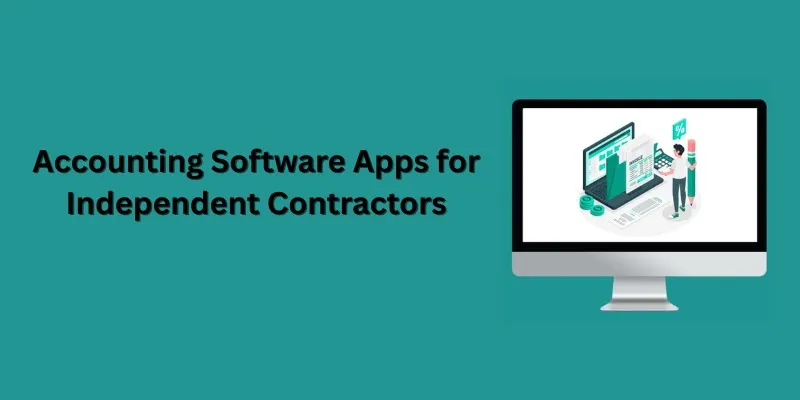
Streamline Your Accounting: Top 5 Software Apps for Independent Contractors

6 Best Accounting Apps for Android to Simplify Your Finances
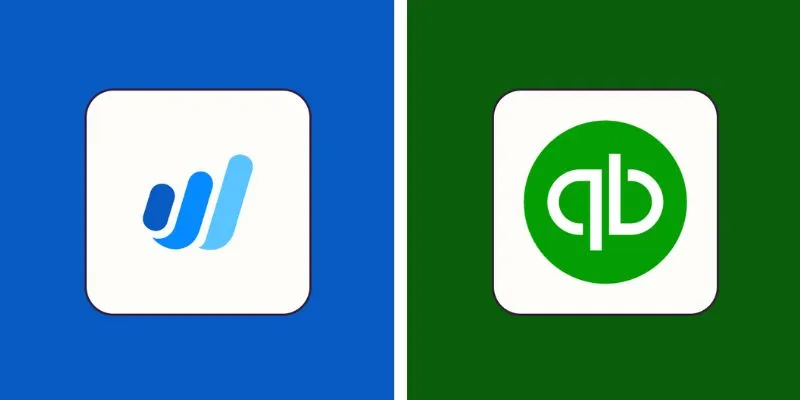
Wave vs. QuickBooks: Which Accounting Software Should You Choose?

Small Business Favorites: The Best Accounting Apps for Tiny Teams

8 Must-Have Productivity Tools Every Software Engineering Manager Needs

The 8 Best To-Do List Apps for Android in 2025

12 Best Productivity Apps for Mac in 2025

Top 4 Vertical Video Editors to Edit Vertical Videos Quickly
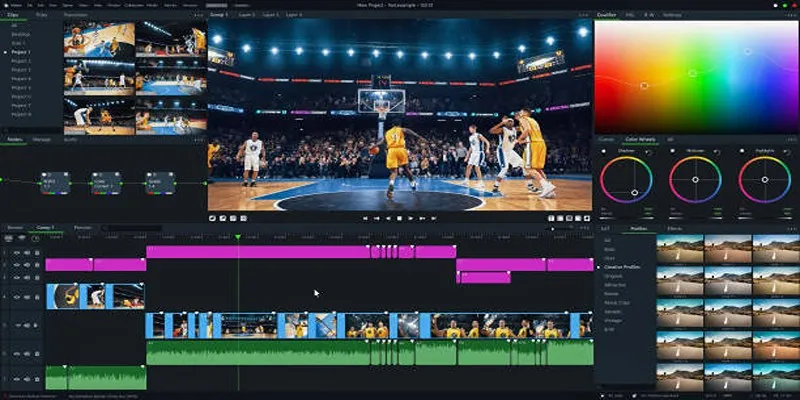
Top 5 Background Noise Removers for Desktop Users

Choosing the Best Accounting Software for Small Business: A Complete Guide

The 6 Best Construction Management Software Options to Streamline Your Projects
Popular Articles

Best Music Streaming Apps Besides Spotify in 2025

Step-by-Step Guide to Adding Music in iMovie

How to Expire Posts or Partial Post Content in WordPress Easily
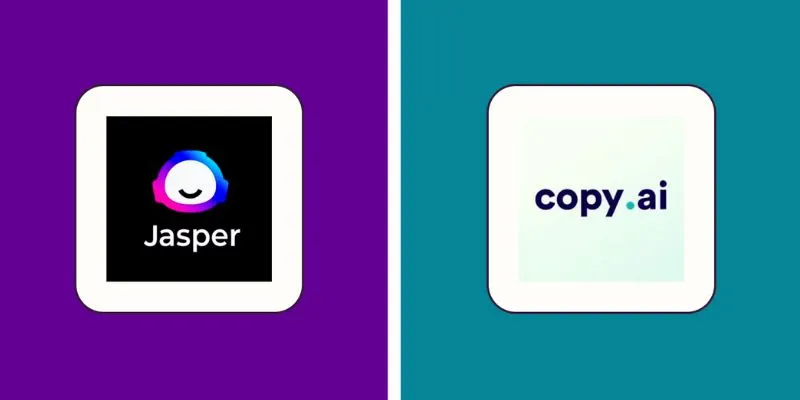
Jasper vs. Copy.ai: A Side-by-Side Comparison to Help You Choose
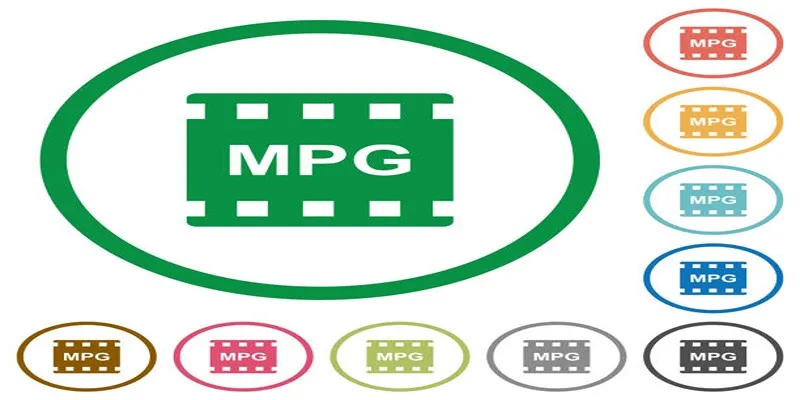
The Best MPG Player to Watch Your MPG Videos Seamlessly
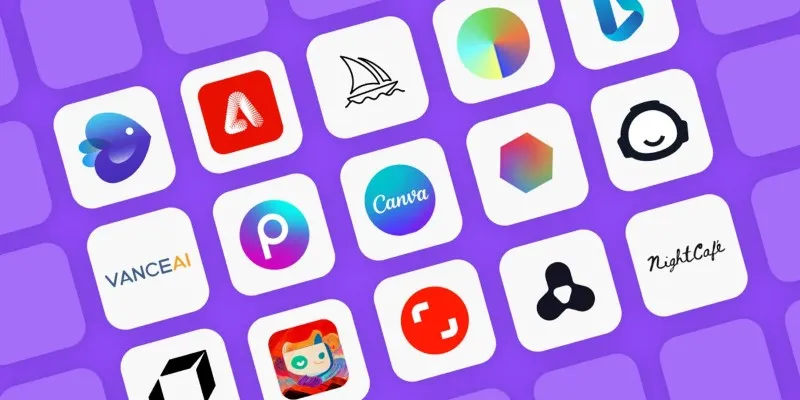
Mind-Blowing AI Art Generators in 2025 That Are Redefining Creativity
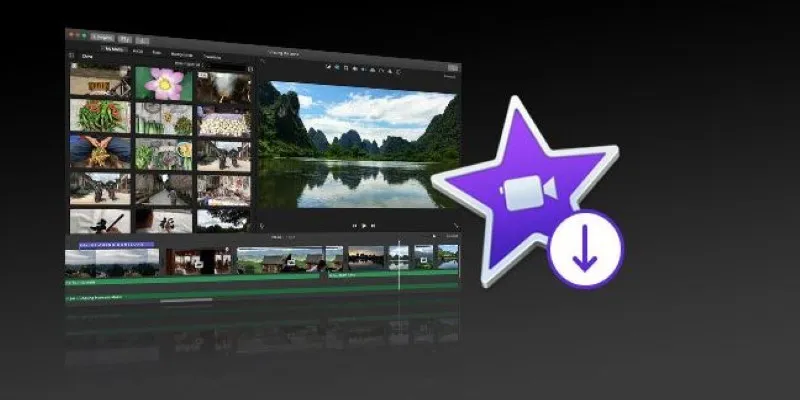
The Simple Way to Get iMovie on Mac—and What to Use on Windows

How to Show Last Visited Posts in WordPress: An Ultimate Guide For Beginners

How to Use iMovie for Mac to Add Picture-in-Picture Effects Easily

Obsidian 1.8.9 Desktop Update Brings Performance and UI Fixes

6 Best Platforms to Watch Anime and Cartoons Without an Account

 mww2
mww2